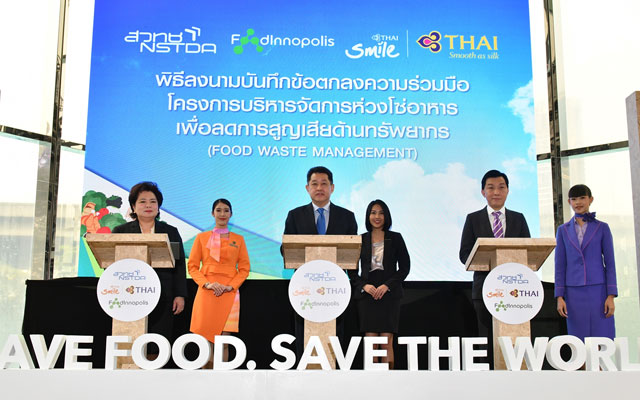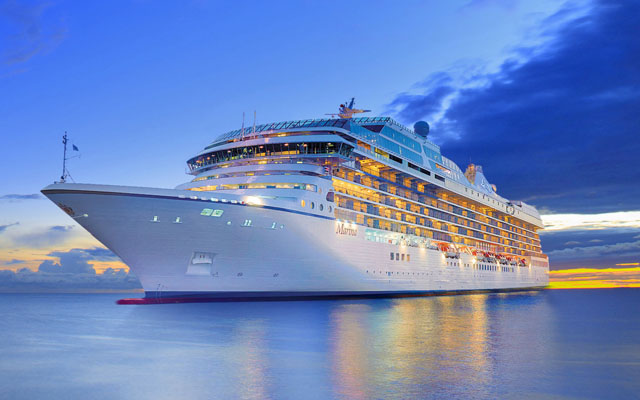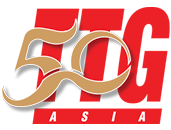Thai Airways International (THAI) and THAI Smile has launched Save Food Save the World, a food waste management project designed to minimise waste in food production, in collaboration with Food Innopolis, and the National Science and Technology Development Agency (NSTDA).
Under the programme initiated by the Ministry of Natural Resources and the Environment (MSDHS), THAI Catering will reduce its food waste and cabin waste as well as environmental impact, on top of enhancing effective resource management, said the airline in a statement.

In Thailand, food waste accounts for 33 to 50 per cent of all solid waste, according to recent studies. Reducing food wastage is one way of curbing greenhouse gas emissions. As such, the United Nations has set food waste reduction as one of its Sustainable Development Goals, aiming to halve per capita global food waste at the retail and consumer levels by 2030.
Under this project, THAI estimates that it will reduce 400kg of food waste per day, saving approximately 20 million baht (US$648,298) per year. In the first year of the project, THAI will focus on reassessing the food manufacturing process and supply chain, beginning from ingredient procurement, THAI Catering food production, menu planning, packing and loading, and cabin waste management.
The airline will also work towards cutting cabin waste from inflight meals by making available a pre-selected menu for passengers to select their meal preferences prior to the flight. This initiative, which is expected to reduce food waste from in-flight meals by 20 per cent, will be introduced on THAI’s Europe-bound flights in 2020 and on all flights in 2021.
In addition, MSDHS will be leveraging technology in its fight against food waste, for example, by studying ingredients used by the airline so as to identify the appropriate technology that will reduce food waste during the meal production process.
Through its various efforts, THAI expects to reduce food waste by approximately three per cent year-on-year.
Similarly, THAI Smile aims to improve efficiency and reduce waste that comes from inflight meals. Some 1.4 per cent of THAI Smile passengers refused their inflight meals last year, according to official data.
In 2020, THAI Smile expects to reduce food wastage by 16.5 tonnes per year: 5.7 tonnes from domestic flights and 10.8 tonnes from international flights, which is the equivalent of 100,000 meals per year.
THAI said that it has been operating with sustainable development as its top priority, with the goal of becoming a sustainable airline by 2023.




















